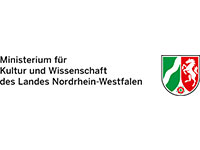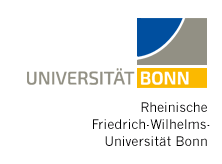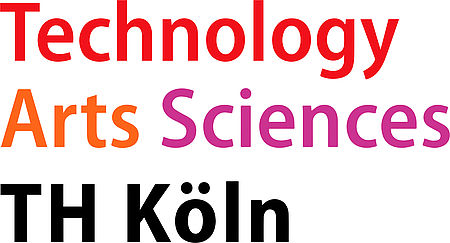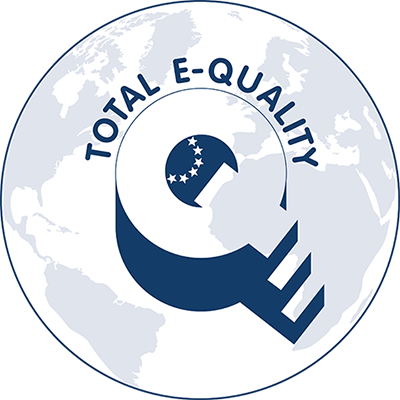AI in Medicine – Vision – Reality – Legal Aspects
Juliana Tusa, BA
0043 1 405 1383 -16 / -19
Artificial Intelligence is on its best way to become an important tool in medicine including its application in diagnostic steps, but also in clinical everyday work and the generation of scientific data, but also in the development of scientific careers and in publishing. This implies a series of hierarchical steps which not only relate to each of the mentioned topics, but also to ethical issues, legal responsibilities and questions of scientific originality and accuracy. The presentation of all these aspects will be part of the symposium which is – deducting from the close interaction of medical and scientific conduct – closely devoted to legal and ethical issues.
From a legal perspective, the event will provide a complete overview of the relevant European and Austrian legal situation, both from an academic and a practical perspective. The focus of interest is in particular on the AI Act, the AI Liability Directive, the European Health Data Space Act and national requirements of professional law and liability law. The aim is, on the one hand, to provide participants having a medical background with an orientation on regulatory opportunities and risks of AI use in treatment and research. On the other hand, participants with a legal background should be able to grasp which regulatory requirements can (not) beimplemented in a medically meaningful way and which consequences result from this for the legal and ethical AI-related framework of medical professional practice.










